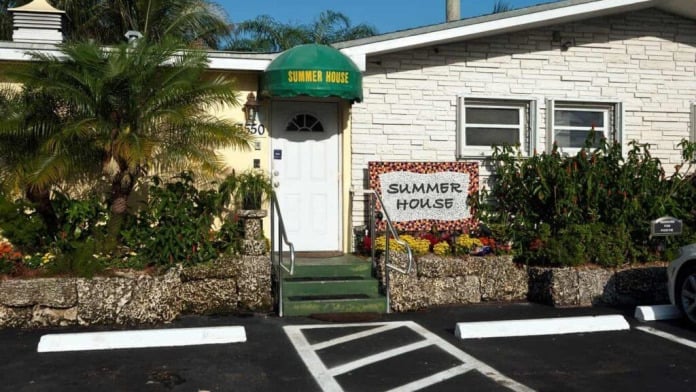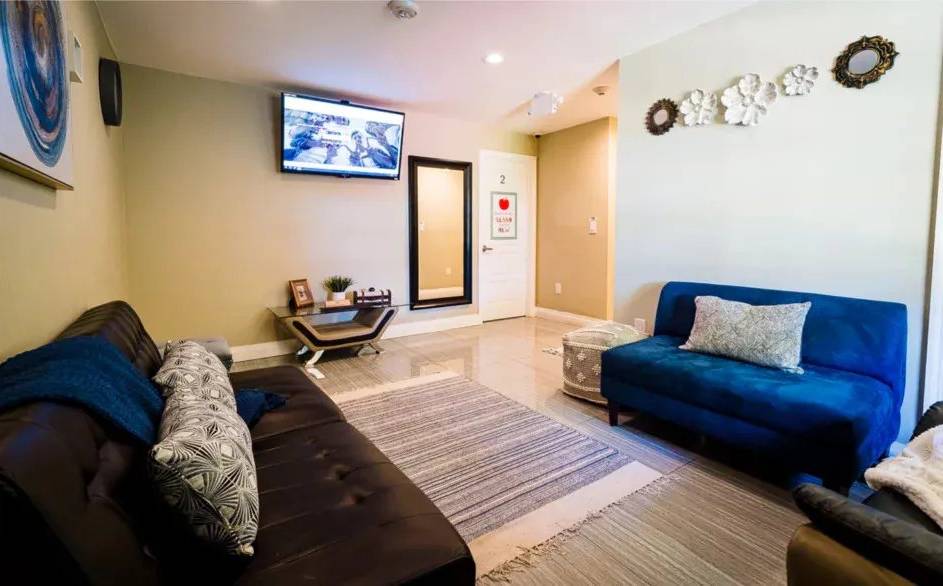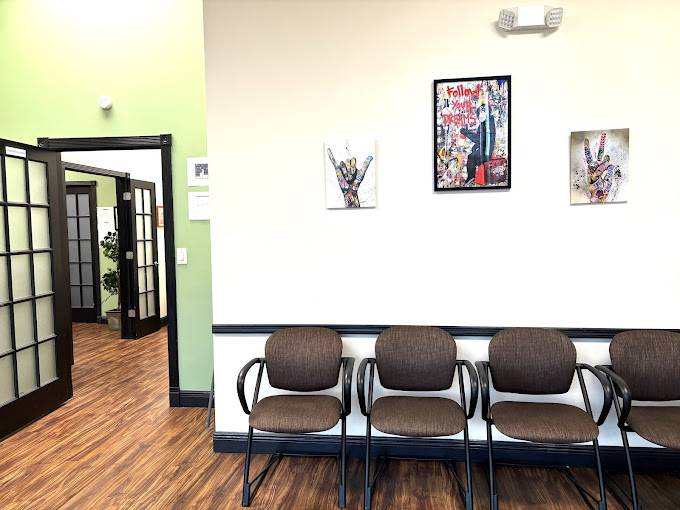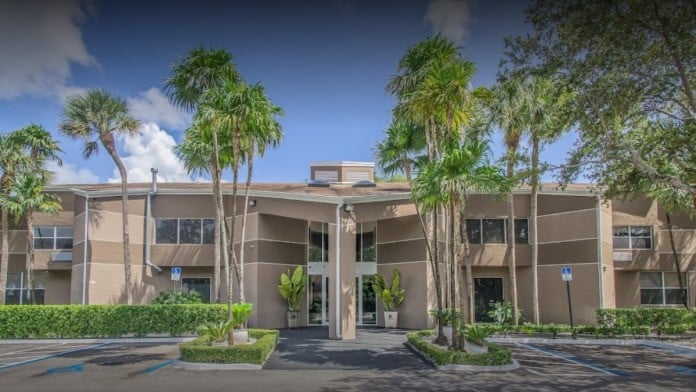About Coral Gables Day Treatment
Their dedication to affordable and accessible healthcare is only matched by their commitment to high quality care in the community they serve. All thanks to their experienced team of clinical professionals.
Citrus boasts over 20 licensed and board-certified psychiatrists, psychologists, clinical social workers and mental health counselors.
As one of the largest mental and behavioral health providers in South Florida, the facility satisfies the needs of adults and children across the spectrum of their behavioral health needs. These include those dealing with mental health crises, substance use disorders and dual-diagnosis treatments.
Their dedicated professionals are available round the clock to provide mental health assessment and emergency screening necessary in crafting a personal care plan that promotes healing, stability and independence.
Their comprehensive mental health services for adults and children include crisis stabilization, targeted case management, residential inpatient care, outpatient programs, community support and more.
Their inpatient care is designed to bring stability and support to patients seeking intensive long-term care due to elevated mental health crises or co-occurring conditions. Their personalized inpatient treatment plan includes psychiatric and primary medical care, life skill training, clinical therapy and mental health education from board-certified personnel.
Upon transition, clients are connected to tailored aftercare mental health services and access to essential community resources. Their outpatient services include psychiatric evaluation, medication management, as well as individual, group and family counseling.
The counseling helps clients gain insight into their mental health or co-occurring challenges, develop coping strategies, improve relationships, and support their overall recovery journey. Citrus provides comprehensive substance use disorder services via their Hope program.
This specialized program helps youth over 18 achieve sobriety or reduce dependency on alcohol and drugs through medication-assisted treatment. Medication assisted treatment combines FDA approved medication, therapy and counseling in treating alcohol and opioid dependence.
This program’s activities may include intake assessment, treatment planning, individual and group sessions, addiction education, care coordination and primary care services.
The facility also offers various social services. For instance, through their adult housing program, individuals with chronic mental health conditions, co-occurring disorders, veterans, HIV/AIDs patients and victims of domestic violence can receive housing assistance. They also provide permanent supportive housing services for disabled individuals, veterans and chronically homeless people.
Clients are provided with housing or rental assistance, along with support services, including case management and psychiatric treatment, to help them achieve independent living. Citrus’s expansive behavioral health services, including substance use disorder, mental health care, and co-occurring disorders, along with their social support, is a testament to their comprehensive approach to client well-being.
Rehab Score
Other Forms of Payment
Self-pay involves paying for treatment out of your own pocket. You can use savings or credit, get a personal loan, or receive help from family and friends to fund your treatment. If you don't have insurance or your insurance plan doesn't cover a specific program, self-pay can help ensure you still get the care you need.
Medicaid is a state based program that helps lower-income individuals and families pay for healthcare. Medicaid covers addiction treatment so those enrolled can use their coverage to pay for rehab. When a program accepts Medicaid the client often pays very little or nothing out of their own pocket.
Addiction Treatments
Levels of Care
Outpatient Programs (OP) are for those seeking mental rehab or drug rehab, but who also stay at home every night. The main difference between outpatient treatment (OP) and intensive outpatient treatment (IOP) lies in the amount of hours the patient spends at the facility. Most of the time an outpatient program is designed for someone who has completed an inpatient stay and is looking to continue their growth in recovery. Outpatient is not meant to be the starting point, it is commonly referred to as aftercare.
Treatments
Mental health rehabs focus on helping individuals recover from mental illnesses like bipolar disorder, clinical depression, anxiety disorders, schizophrenia, and more. Mental health professionals at these facilities are trained to understand and treat mental health issues, both in individual and group settings.
Programs
Adult rehab programs include therapies tailored to each client's specific needs, goals, and recovery progress. They are tailored to the specific challenges adult clients may face, including family and work pressures and commitments. From inpatient and residential treatment to various levels of outpatient services, there are many options available. Some facilities also help adults work through co-occurring conditions, like anxiety, that can accompany addiction.
Young adulthood can be an exciting, yet difficult, time of transition. Individuals in their late teens to mid-20s face unique stressors related to school, jobs, families, and social circles, which can lead to a rise in substance use. Rehab centers with dedicated young adult programs will include activities and amenities that cater to this age group, with an emphasis on specialized counseling, peer socialization, and ongoing aftercare.
Clinical Services
Cognitive Behavioral Therapy (CBT) is a therapy modality that focuses on the relationship between one's thoughts, feelings, and behaviors. It is used to establish and allow for healthy responses to thoughts and feelings (instead of unhealthy responses, like using drugs or alcohol). CBT has been proven effective for recovering addicts of all kinds, and is used to strengthen a patient's own self-awareness and ability to self-regulate. CBT allows individuals to monitor their own emotional state, become more adept at communicating with others, and manage stress without needing to engage in substance abuse.
Dialectical Behavior Therapy (DBT) is a modified form of Cognitive Behavioral Therapy (CBT), a treatment designed to help people understand and ultimately affect the relationship between their thoughts, feelings, and behaviors. DBT is often used for individuals who struggle with self-harm behaviors, such as self-mutilation (cutting) and suicidal thoughts, urges, or attempts. It has been proven clinically effective for those who struggle with out-of-control emotions and mental health illnesses like Borderline Personality Disorder.
Group therapy is any therapeutic work that happens in a group (not one-on-one). There are a number of different group therapy modalities, including support groups, experiential therapy, psycho-education, and more. Group therapy involves treatment as well as processing interaction between group members.
In individual therapy, a patient meets one-on-one with a trained psychologist or counselor. Therapy is a pivotal part of effective substance abuse treatment, as it often covers root causes of addiction, including challenges faced by the patient in their social, family, and work/school life.
During couples therapy in Florida, your therapist will take steps to get to know you, help you identify feelings, explore the past, develop solutions, and help you learn skills to manage relationship challenges. This process will allow you to work through conflict and strengthen your relationship.
During family therapy sessions, you navigate the complexities of addiction and are provided tools to help improve communication and resolve conflicts. When you work together, families can better support their loved one's recovery and restore balance and harmony within the household.
Substance abuse creates biochemical imbalances in your body and brain. By implementing dietary changes, you can restore that balance. This is the goal of nutrition therapy in Florida. You'll gain an understanding of what nutrients your body needs and learn best self care practices.
Experiential therapy is a form of therapy in which clients are encouraged to surface and work through subconscious issues by engaging in real-time experiences. Experiential therapy departs from traditional talk therapy by involving the body, and having clients engage in activities, movements, and physical and emotional expression. This can involve role-play or using props (which can include other people). Experiential therapy can help people process trauma, memories, and emotion quickly, deeply, and in a lasting fashion, leading to substantial and impactful healing.
Accreditations

The Joint Commission, formerly known as JCAHO, is a nonprofit organization that accredits rehab organizations and programs. Founded in 1951, the Joint Commision's mission is to improve the quality of patient care and demonstrating the quality of patient care.
Joint Commission Accreditation: Yes
Contact Information
5564 SW 8th Street
Miami, FL 33134





